Unrest Spirals Amid Escalation of Protests in Bangladesh
In Bangladesh, a major protest sweep is set to march towards the capital Dhaka, following a weekend marred by violent clashes that claimed dozens of lives. The burgeoning anti-government sentiment has driven authorities to take stringent measures, including the imposition of a curfew across multiple regions and the shutdown of mobile internet services.
The conflict, which initially began as student-led demonstrations against a controversial quota system for government jobs, has spiraled into a broader contest between forces loyal to Prime Minister Sheikh Hasina and opposition factions demanding her resignation. The intense weekend clashes, especially in the capital, have left at least 95 people dead, among them 14 police officers, according to *Prothom Alo*.
Roots of the Protests
Students initiated the protests to abolish a system reserving 30% of government jobs for descendants of veterans of Bangladesh’s 1971 war of independence. The protests began to spread and gain momentum, turning into violent encounters with police and pro-government groups. Tragically, over 200 people have lost their lives in these skirmishes, inciting a nationwide outcry and a strong push for government accountability.
Despite the government's recent adoption of a Supreme Court ruling to reduce the job reservation quota to 5%, with further allocations made for ethnic minorities, transgender individuals, and disabled persons, student-led protests show no signs of abating. Instead, the demands have amplified, now calling for the resignation of Prime Minister Hasina.
Government Crackdown
Responding to the chaos, the military enforced a stringent curfew in Dhaka and other major districts starting Sunday night. Coupled with this, the government declared a holiday from Monday to Wednesday, effectively closing courts indefinitely. A significant blow to communication, mobile internet and social media platforms like Facebook and WhatsApp have been rendered inaccessible to curb the coordination of protests.
Prime Minister Hasina has condemned the protestors, attributing the violence and sabotage incidents to criminal elements rather than genuine student movements. She urged citizens to take firm action against these agitators. The curfew follows a period of palpable tension, where bans were in effect with some exceptions in various regions.
Reactions and Continuing Struggle
Despite these government efforts, protests continued. On Sunday, protest leaders called for a show of non-cooperation, encouraging citizens to withhold taxes, utility bills, and abstain from work. This resulted in challenges for daily commuters in Dhaka and other cities, although essential services like offices, banks, and factories remained operational.
Mefaz Fakhrul Islam Alamgir, the secretary-general of the main opposition party, reiterated demands for the government’s resignation to quell the ongoing chaos. Hasina, who offered dialogue with student leaders, faced rejection. The coordinator of the protests announced a non-negotiable demand for her resignation.
Future Uncertain
Sheikh Hasina, who resumed power for her fourth consecutive term in an election marked by opposition boycotts, now faces a severe test of her administration’s ability to maintain order and legitimacy. The protests pose a daunting challenge to her rule, not seen in such intensity in the past 15 years.
As the capital braces for another wave of protests, public sentiment remains charged, battle lines drawn between government forces and a diverse coalition of opposition groups. The outcome of these protests could signify a crucial turning point in the nation's political landscape, determining not only the immediate stability but the broader future governance of Bangladesh.
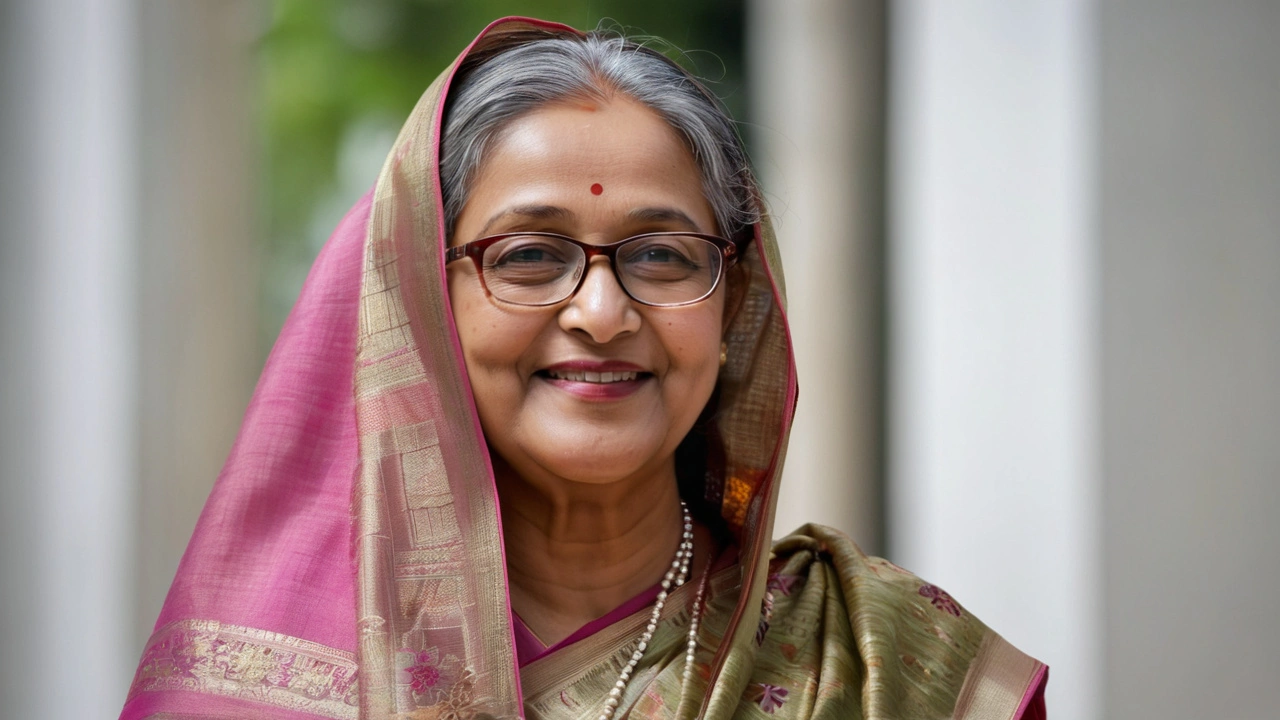
Escalation and Impact
The extensive unrest this past weekend led to over 200 people tragically losing their lives, according to reports. This has sparked a surge of demands for accountability directed at the government’s forceful response. Schools and universities have closed their doors, and the government's recent implementation of a shoot-on-sight curfew further emphasizes the volatility of the situation.
The demonstrations' impact on daily life has been substantial – companies grappled with attendance issues, with several regions experiencing significant disruptions. Despite the curfew and internet blackouts, coordination among protestors has continued unabated, reflecting a deeply resolute movement.
As Bangladesh navigates this turbulent period, the world watches closely. The country’s immediate future hinges on dialogues that may or may not come to fruition and the manner in which the administration and opposition resolve or further escalate tensions.
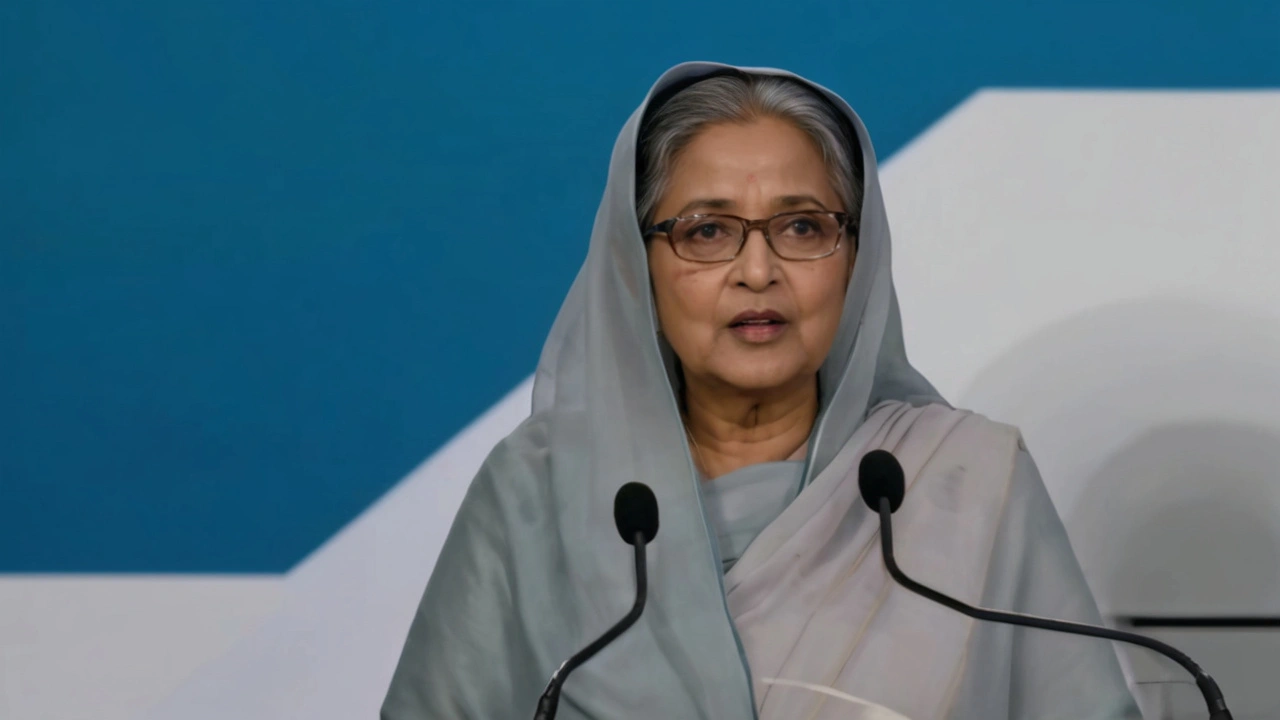
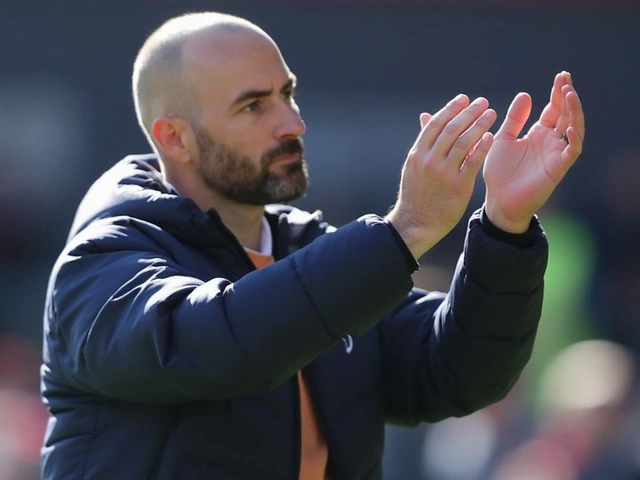
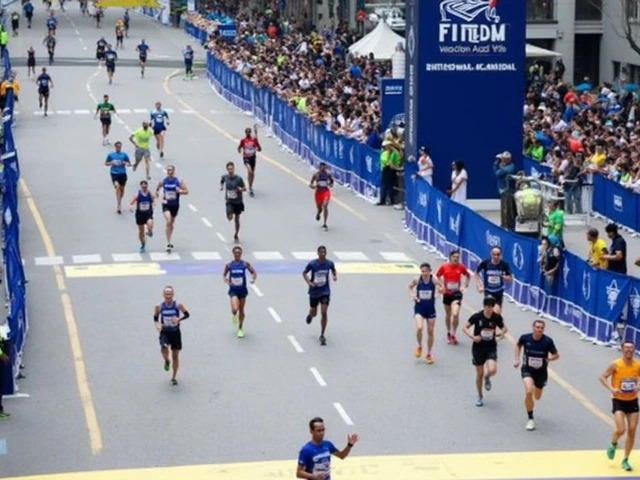

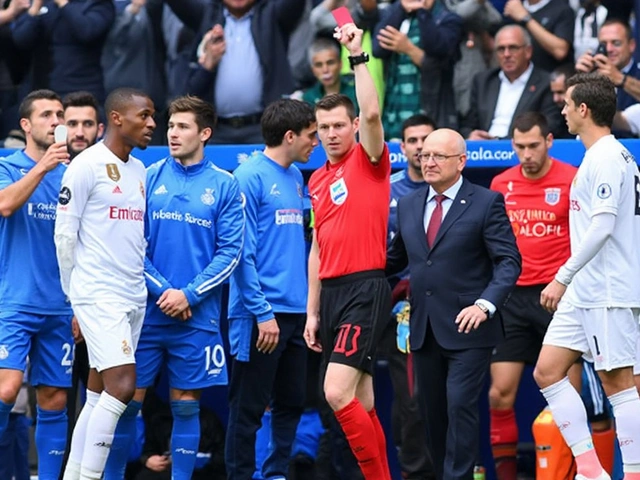



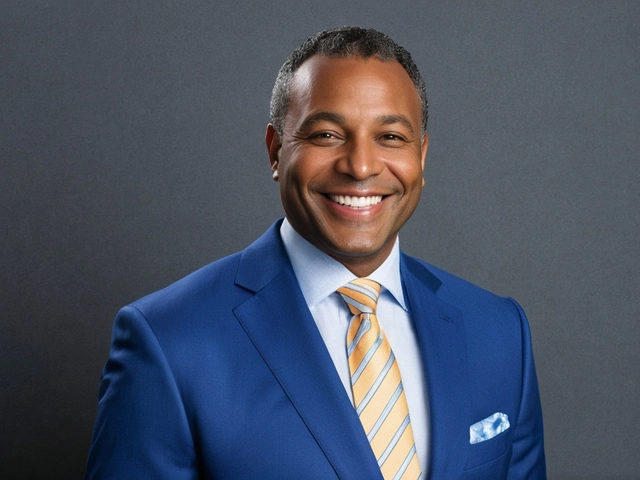

Write a comment